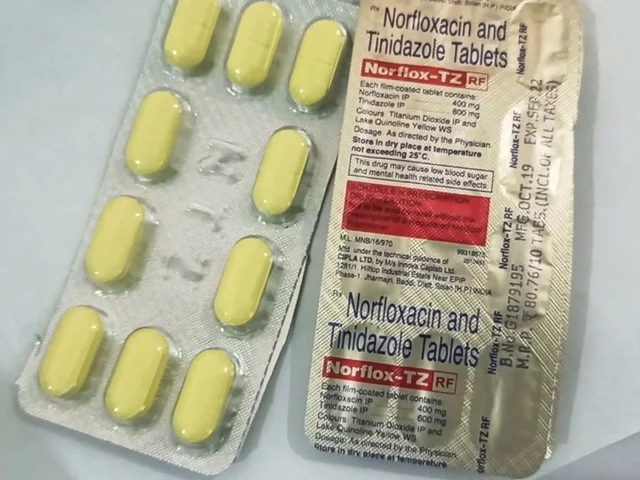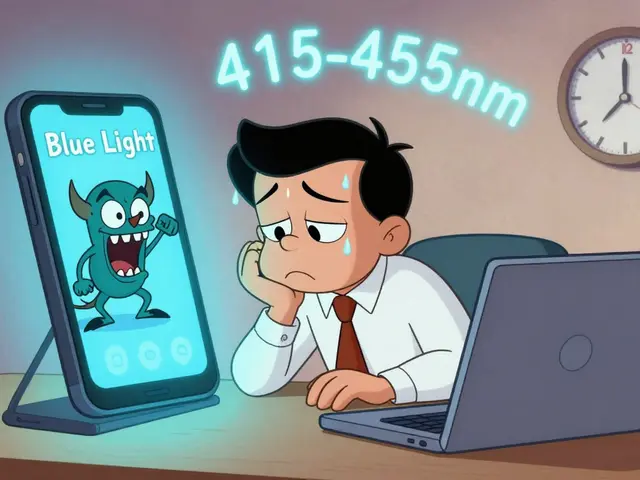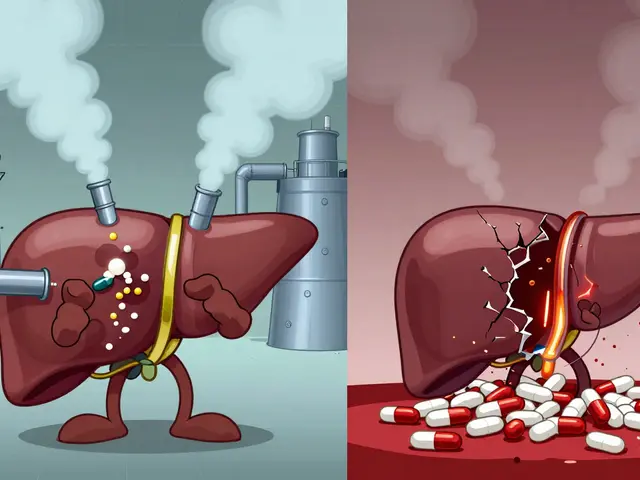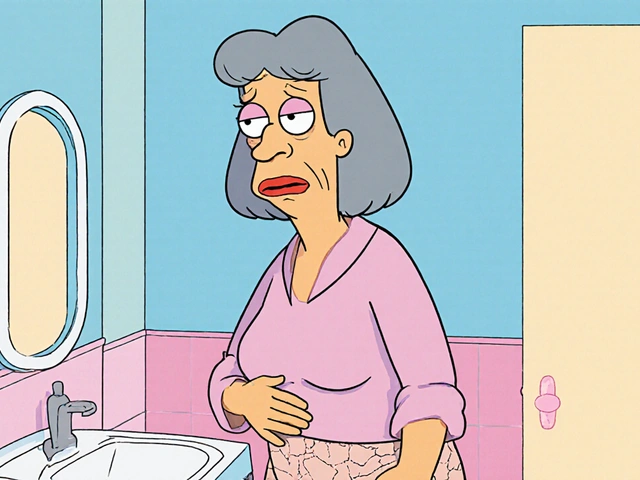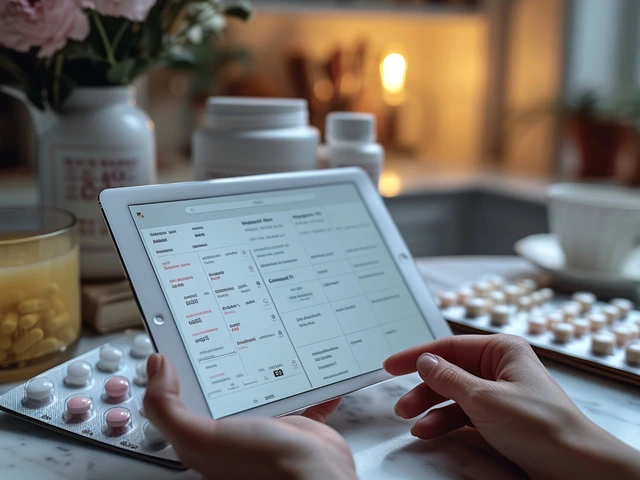Energy: Simple, Real Ways to Boost Your Day
Feeling low on energy? You don’t need a miracle — you need a few practical fixes you can use right away. This guide focuses on real changes that help most people: sleep quality, food choices, movement, and careful use of supplements or medications when needed. No hype, just useful steps.
Fix the basics first
Start with sleep. Aim for a consistent bedtime and wake time, even on weekends. If you wake up groggy, try dimming lights an hour before bed and cutting screens. Short naps of 20 minutes can refresh you without leaving you fuzzy. Hydration matters: thirst often feels like tiredness. Drink water when you notice energy dipping — a glass can do more than you think.
Next, check food. Heavy, carb-loaded meals after lunch often lead to an afternoon crash. Choose a mix of protein, healthy fats, and fiber at meals — think chicken or beans, avocado or olive oil, and vegetables. Small, balanced snacks (Greek yogurt with nuts, apple with peanut butter) keep blood sugar steady and prevent slumps.
Move to get energy
Short bursts of activity actually raise energy. A 10-minute brisk walk, stair climb, or a few bodyweight exercises increases blood flow and sharpens focus. If exercise seems overwhelming, start with two short sessions a day and build up. Regular morning movement can set an energetic tone for the whole day.
Breathing matters for quick relief. Try 4-4-6 breathing: inhale 4 seconds, hold 4, exhale 6. Do it three times when you feel drained. It calms the nervous system and helps your brain feel clearer.
If you have chronic fatigue, check for common medical causes: iron deficiency, thyroid issues, sleep apnea, depression, or side effects from medications. A simple blood test and a chat with your doctor can rule out treatable problems. Don’t try to fix persistent fatigue with lifestyle tricks alone.
Supplements and meds can help sometimes. Caffeine is a useful short-term boost — one strong cup of coffee works for many people. Vitamins like B12 help only if you’re deficient. Some people find prescription meds (like certain stimulants or medications for depression) helpful, but these need a doctor’s supervision. Don’t mix supplements or switch prescriptions without medical advice.
Mind your routines. Small habits stack: consistent sleep, a protein-rich breakfast, short midday movement, and a water bottle on your desk. Track one change for two weeks — you’ll see what actually helps your body.
If your energy drops suddenly or you have other worrying signs (weight loss, fever, chest pain, severe breathlessness), seek medical care right away. For everyday tiredness, try the simple steps above and talk to your doctor when things don’t improve. You can feel better with small, steady changes.

